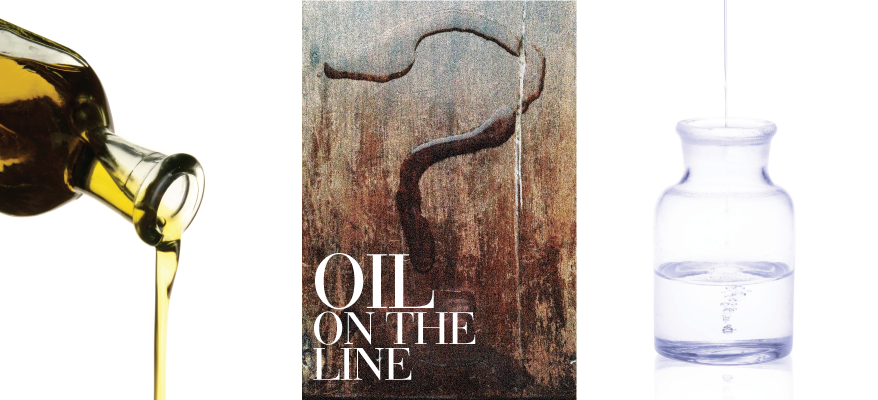Argan Oil & Coconut Oil: What’s the difference?
Grease Fighting? Argan oil and coconut oil have both gotten a lot of attention. How do they compare? Which takes the lead?
1) Growth hormones
Argan oil comes from the kernels of the argan tree fruit which do not contain growth hormones.
Virgin coconut oil (VCO) has phytochemicals and growth hormones which contribute to its cosmeceutical effects such as stimulating skin cells to behave younger and reproduce faster — look for first-pressed VCO, free of heat and other processing or additives, to get as much of these important ingredients as possible.
2) Published studies
Argan oil seems to have one observational clinical trial and none of the gold standard randomized, double-blind clinical trials as of yet. In this one study, a “sebum control cream” containing polyphenol-rich extract from saw palmetto, sesame seeds and argan oil was applied over 4 weeks, with sebum (oil) measurements taken. The results showed, “efficacy of the sebum control cream tested to reduce the greasiness and improve the appearance of oily facial skin”. VCO, on the other hand, has numerous randomized, double-blind clinical trials published in peer-reviewed medical journals on its antiseptic properties against various microbes, on its moisturization for atopic and xerotic skin, and more.
3) Fatty acids
Virgin coconut oil contains an impressive 92% saturated fatty acids versus argan oil’s 18%. VCO’s fatty acids are also more stable, less prone to oxidation, and give firmness to cell walls, which is so important for barrier repair.
4) “Good” vs. “bad” fatty acids
Argan oil has 36.8% more pro-inflammatory linoleic acid (omega-6) to VCO’s 2%.
VCO also has far more antiinflammatory fatty acids like caprylic, capric, and lauric acid.
5) Preservative-free
Argan oil lasts about 12-18 months but could last two years if it is a virgin oil of very high quality, and if stored in small bottles away from light and below 18ºC (about 64ºF).
Virgin coconut oil lasts two years or more without special handling. This stability is fundamental to many of VCO’s skin benefits and it means that VCO does not need preservatives (many of which are allergens).
6) Environmental impact
In its broadest sense, a tree is any plant with the general form of an elongated stem, or trunk which supports the photosynthetic leaves or branches at some distance above the ground.
Argan oil is from the Argan plant, a thorny, flowering tree that thrives in harsh environment, surviving heat, drought, poor soil and that grows up to 8-10 meters high.
The coconut plant is a palm (Arecaceae family). There are many palm varieties. The most common like coconuts have large compound evergreen leaves arranged at the top of an unbranched stem. Argan is relatively rare because it grows in small, specific areas — particularly when compared to coconut, which grows widely and easily in tropical/sub-tropical countries, making for easier management and tree replacement.
For more articles about virgin coconut oil, enter “virgin coconut oil” in the search field or visit our main page: http://skintelligencenter.vmvhypoallergenics.com.
Argan oil for skin
Laying it “Oil” on the line: We’re always on the lookout for the safest, most effective ingredients. We have yet to see compelling evidence to create an argan oil product (and we’re all about the evidence). There are far more clinical studies on mineral, virgin coconut and other oils, for example. We have not yet found an oil to rival virgin coconut oil in terms of its anti-aging and cellular health capabilities, barrier repair, antimicrobial, and fatty-acid benefits, or its nutritional value.





